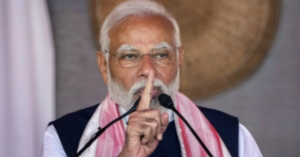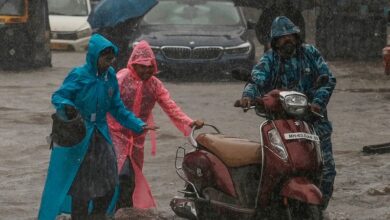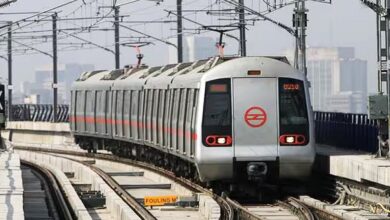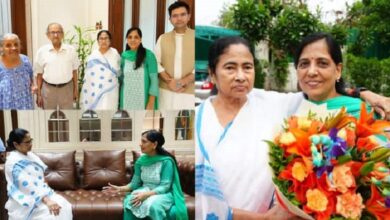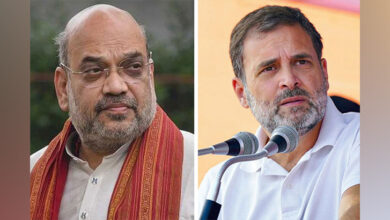Amidst India’s Electoral Buzz, Critics and Journalists Navigate a Shrinking Space for Dissent
As India gears up for elections, concerns over freedom of expression and civil liberties have come to the forefront. The ruling Bharatiya Janata Party (BJP) led by Prime Minister Narendra Modi faces accusations of employing strong-arm tactics to silence dissent and stifle opposition voices.
Over the past decade, Modi’s administration has been criticized for what some see as a departure from India’s longstanding commitment to multiparty democracy and secularism. The BJP has been accused of weaponizing state institutions to target political opponents and critics.
A notable case is the imprisonment of political activists, journalists, and lawyers on charges of plotting to overthrow the government. Critics argue that these accusations are often baseless and serve as a means to intimidate dissenters. The recent revelations of government hacking into the computers of accused individuals further underscore concerns about the politicization of investigative agencies.
Similarly, in regions like Kashmir, individuals like Waheed-Ur-Rehman Para, once seen as allies to the government, have faced persecution for their perceived opposition. Para’s experiences reflect broader tensions in Kashmir following the government’s decision to revoke the region’s semi-autonomous status in 2019.
Independent journalists like Sidheeq Kappan also find themselves under pressure, with increased restrictions on reporting and a climate of intimidation. Kappan’s arrest while attempting to cover a sensitive issue highlights the challenges faced by journalists critical of government policies.
These incidents contribute to a growing perception of shrinking press freedoms in India. Media outlets deemed critical of the government face harassment and economic pressure, leading to self-censorship and a narrowing of the public discourse.
As India prepares for elections, the actions of the ruling party and the treatment of dissenting voices raise important questions about the state of democracy and civil liberties in the country. While high voter turnout may signal public support for the government, concerns linger about the erosion of democratic norms and the marginalization of opposition voices.

